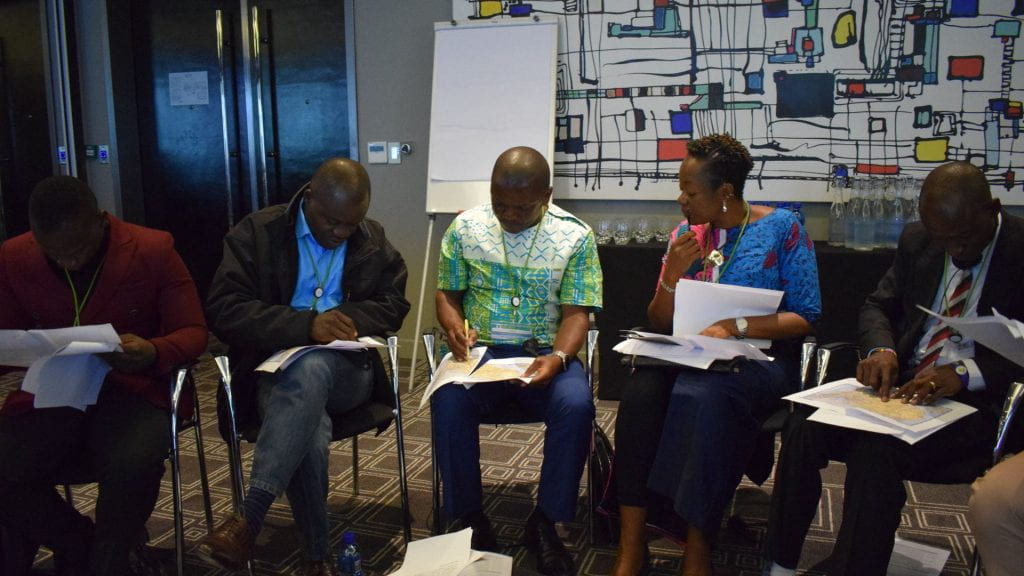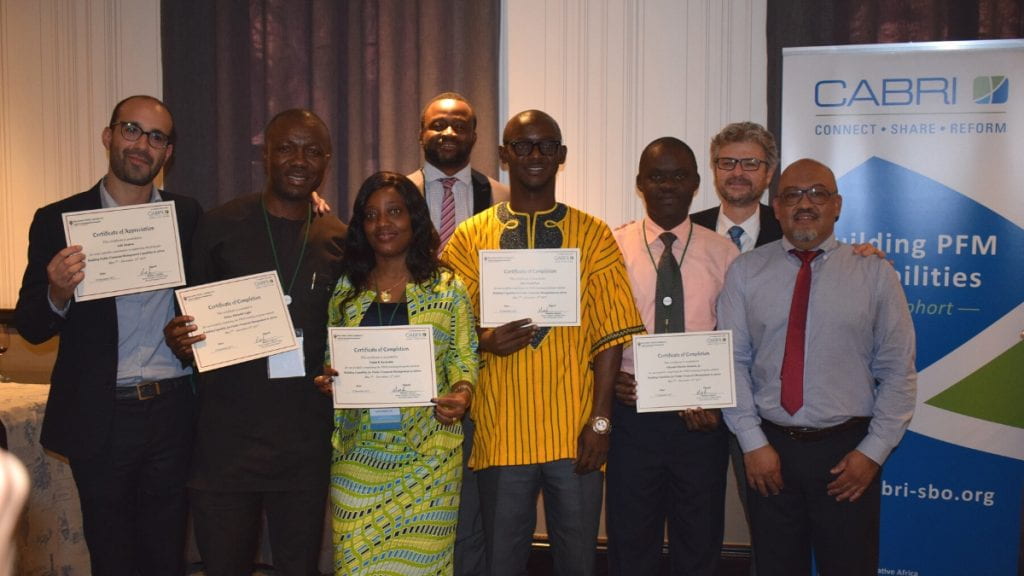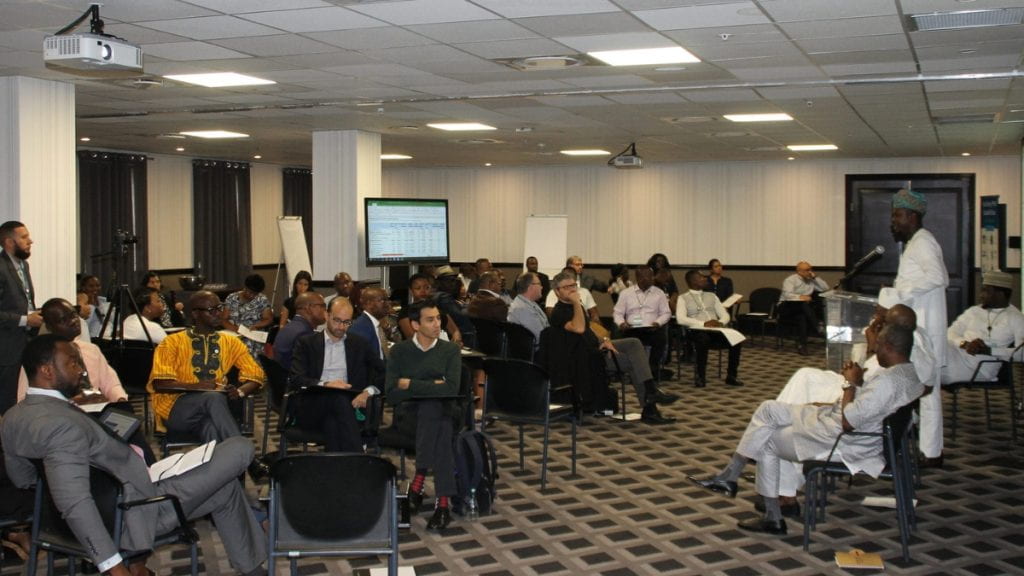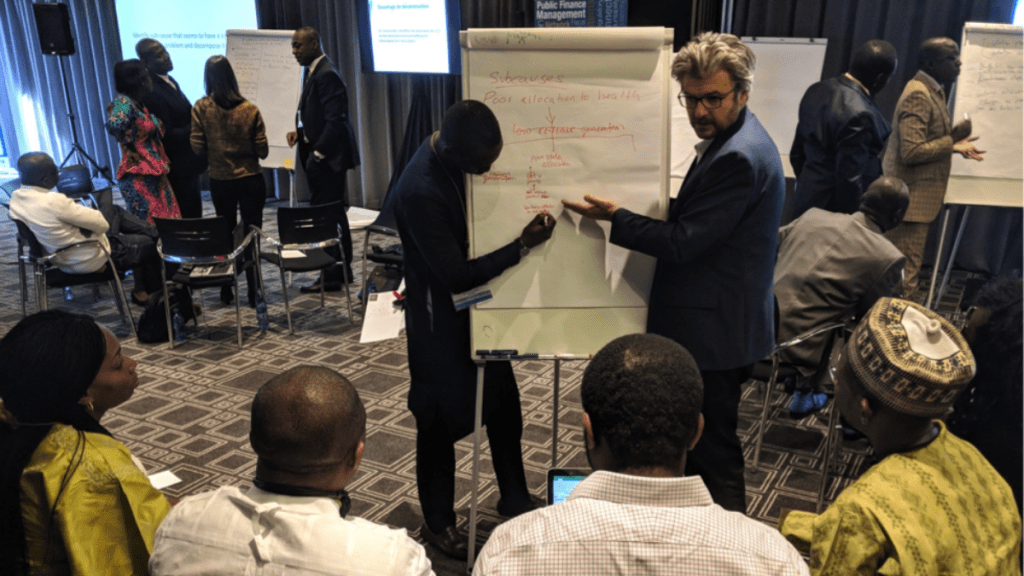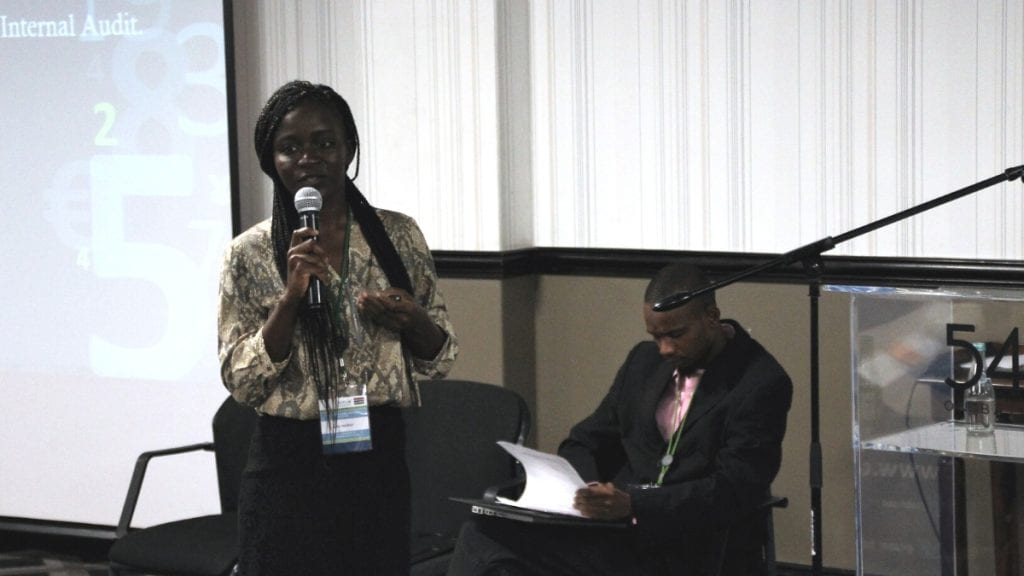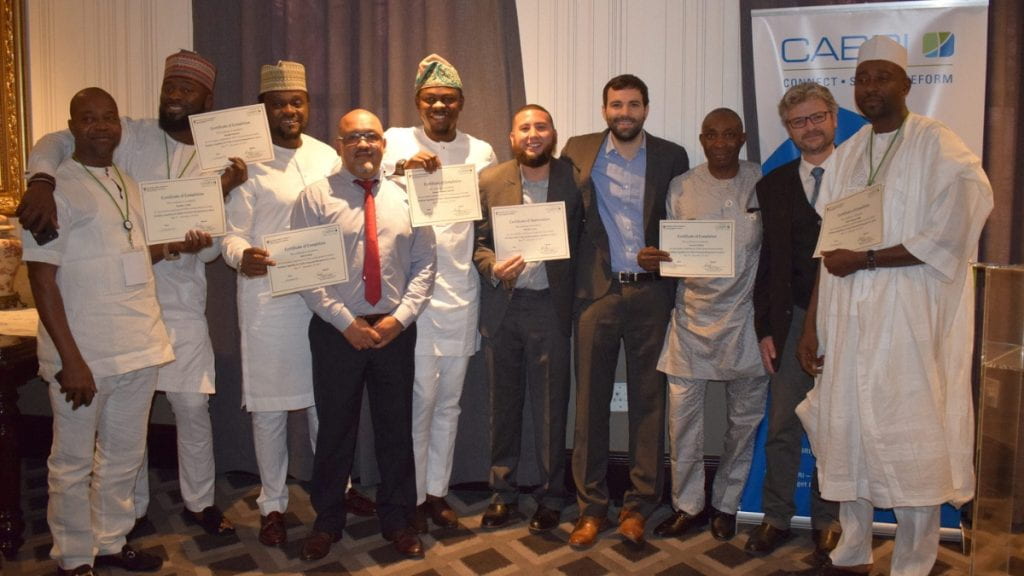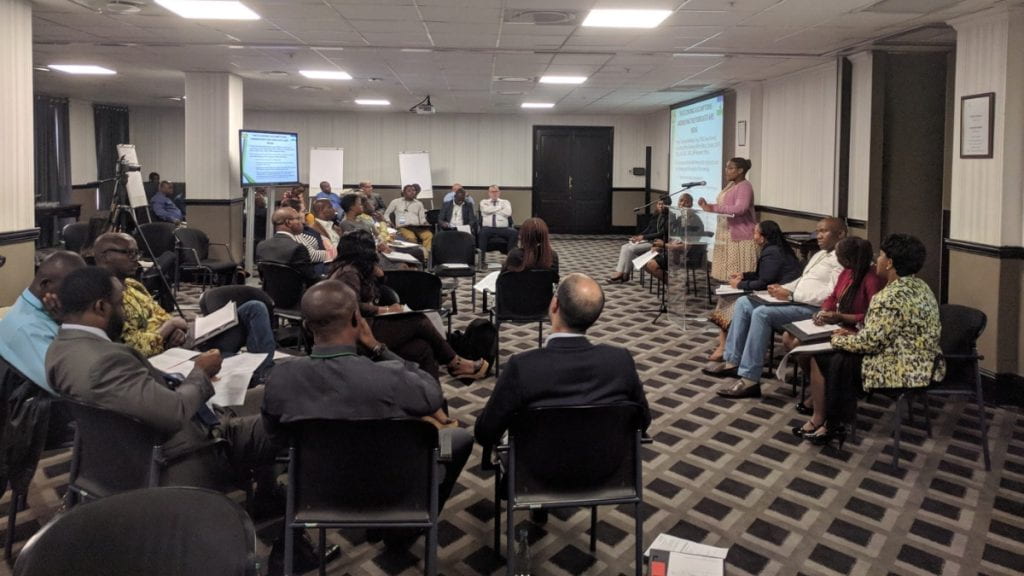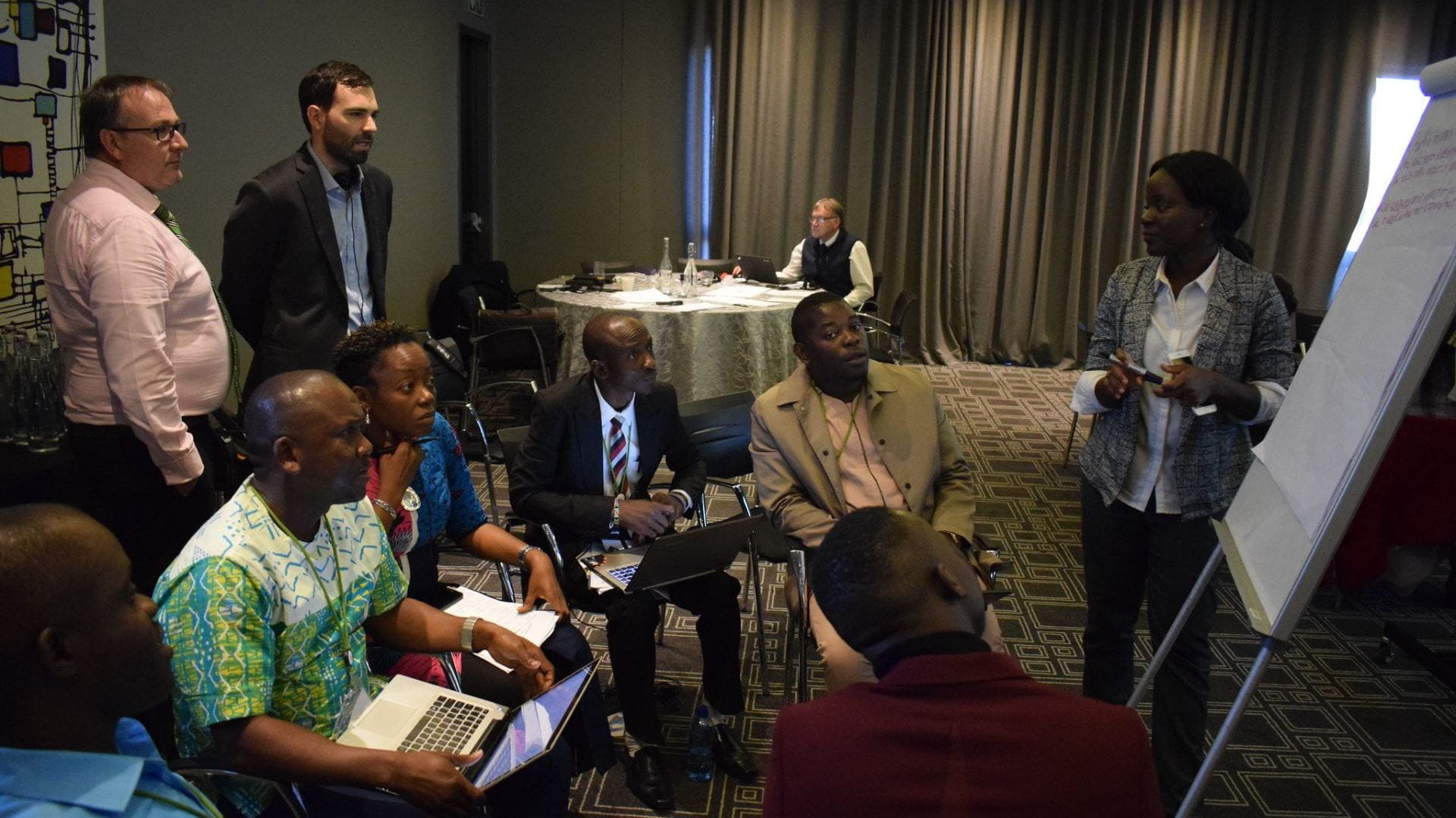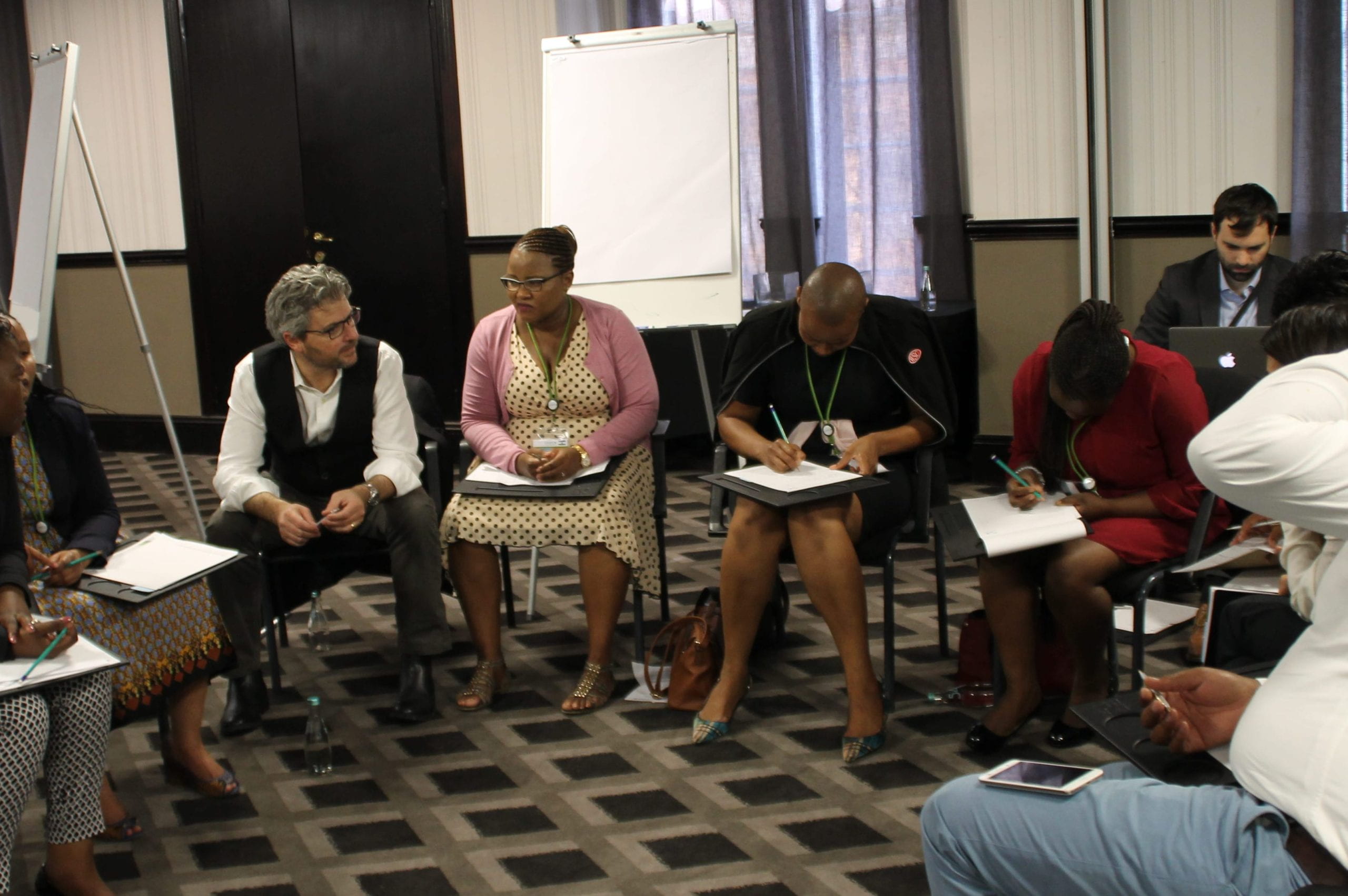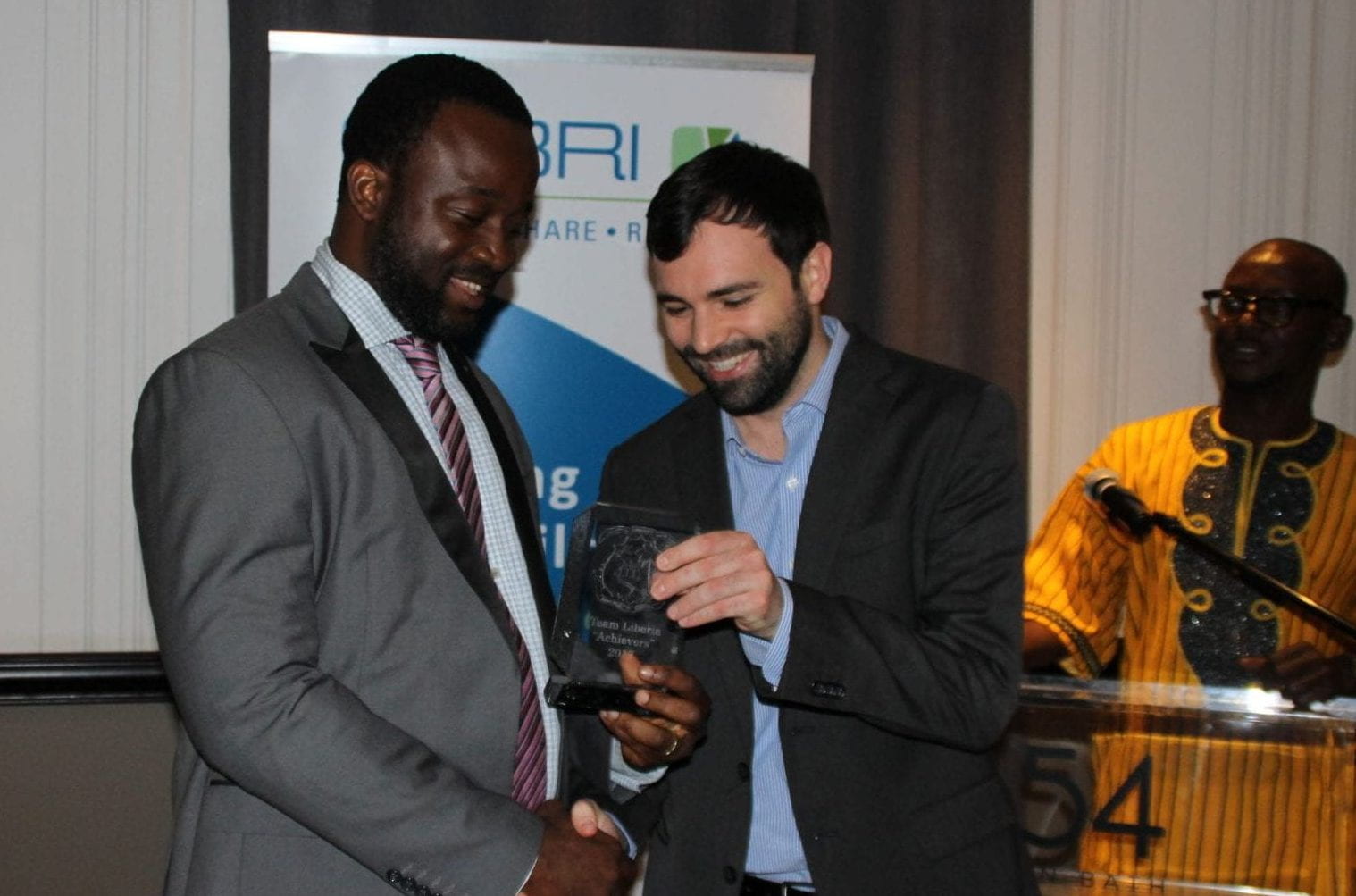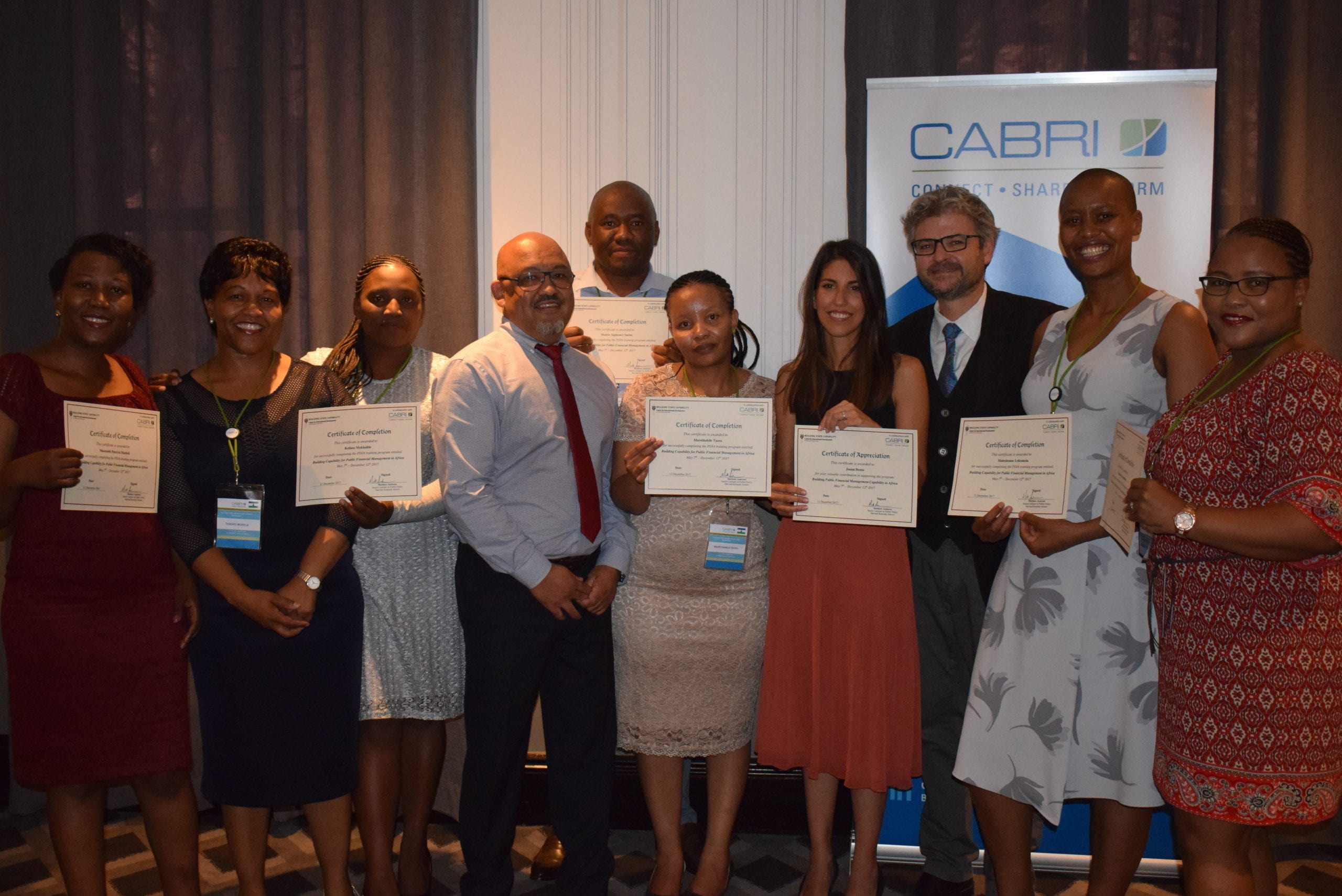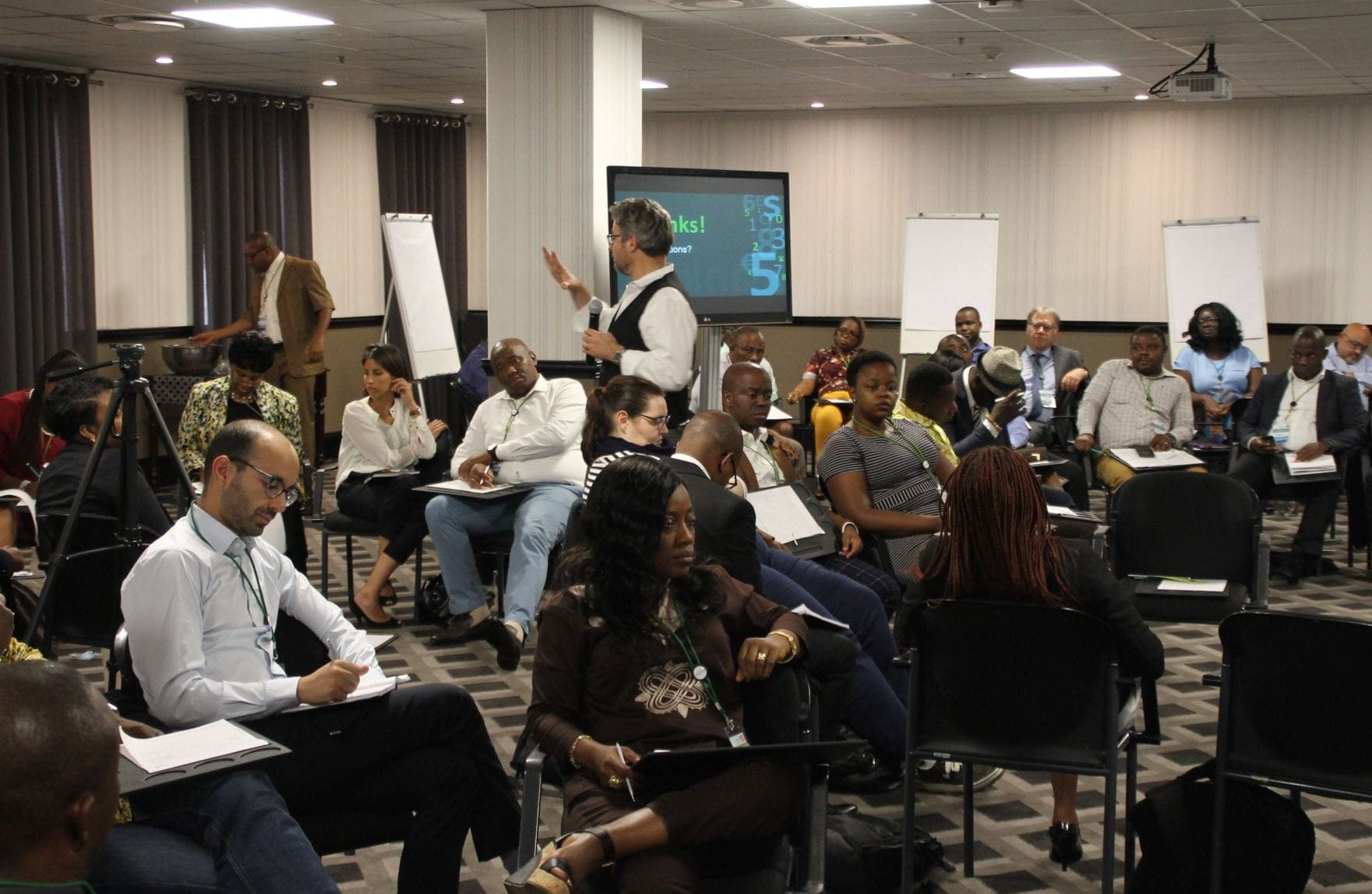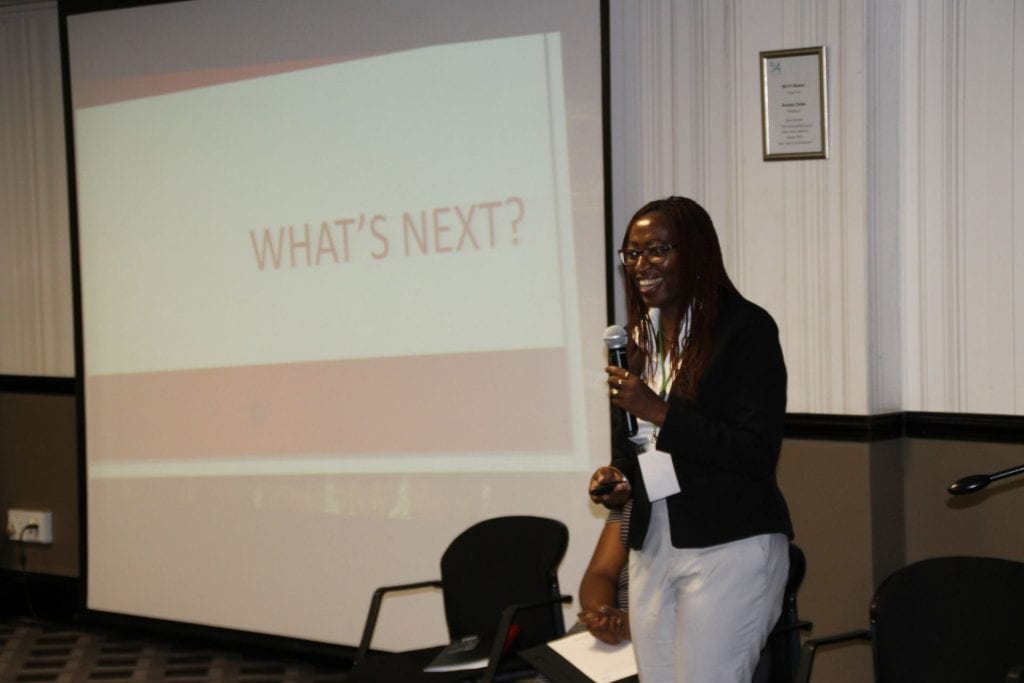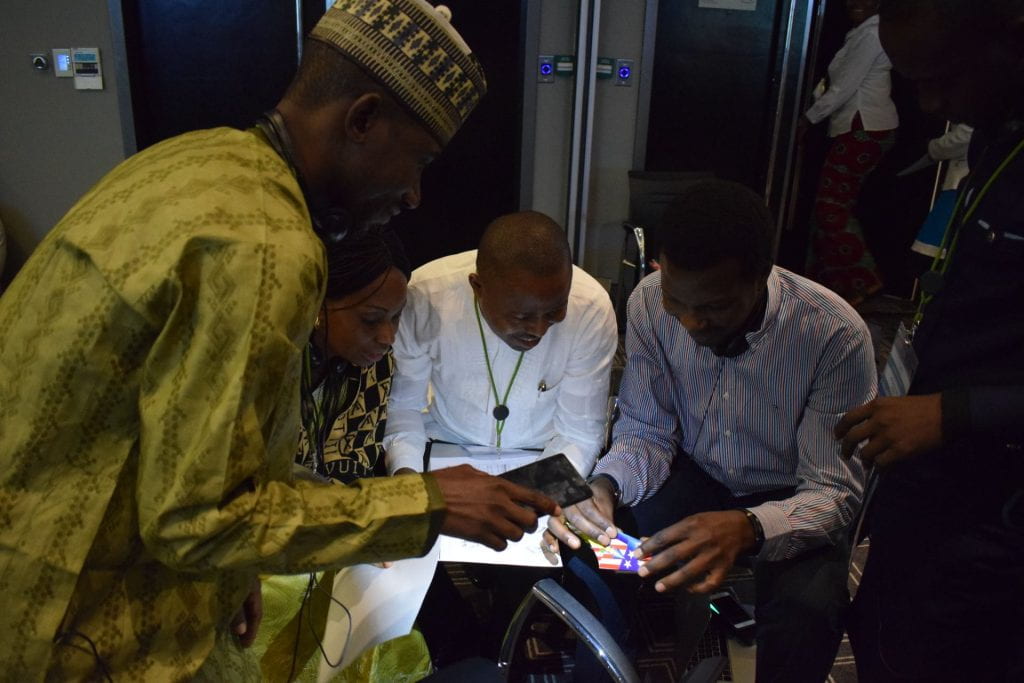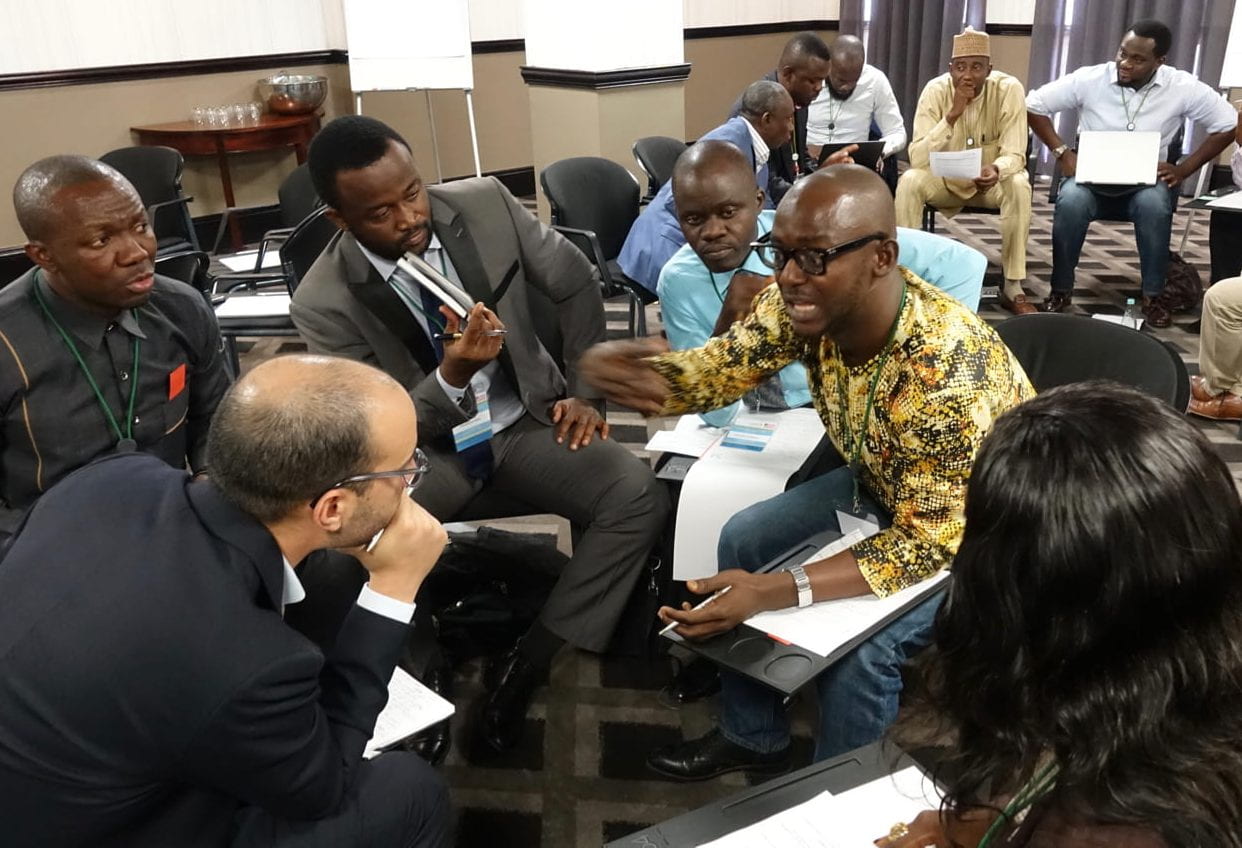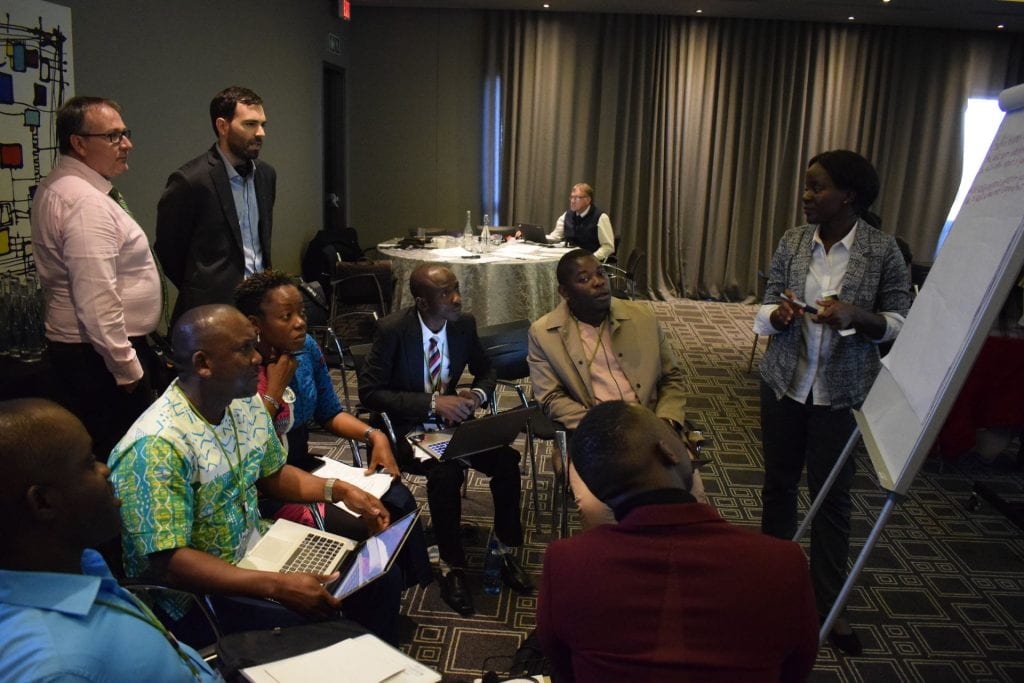Public Financial Management (PFM) reforms have primarily focused on technical interventions and “one-size-fits-all” approaches to policy making with mixed results.
Project Team
Matt Andrews, Tim McNaught, and Salimah Samji
April 2017 – January 2019
Effective reform depends on political and organizational change, which requires a deep understanding of national traditions, needs, and the capability to implement.
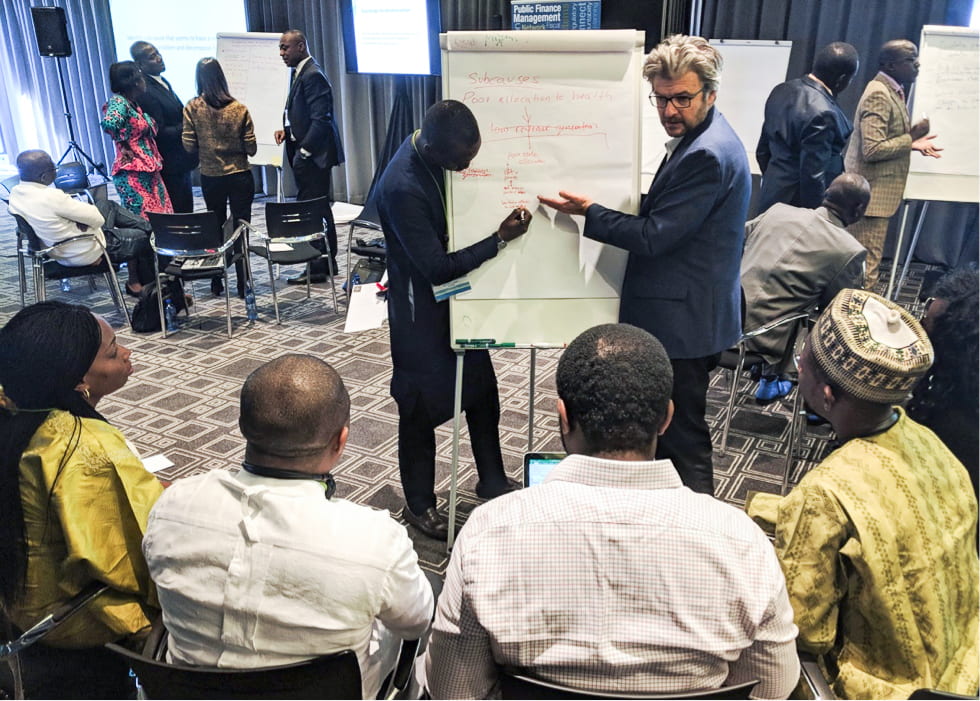
In April 2017, BSC began a two-year engagement with the Collaborative Africa Budget Reform Initiative (CABRI), an intergovernmental organization based in South Africa, to build capability for PFM reform in Africa.
Phase 1: April – December 2017
In May 2017, teams from Ghana, Liberia, Lesotho, Nigeria, Sierra Leone, South Africa and The Gambia attended a workshop in South Africa, equipped with a pressing PFM problem that they wanted to solve. Over four days, the teams were guided through a process of creating a problem statement that matters, deconstructing the problem to its root causes, identifying suitable entry points for action for the next two weeks and deciding what success would look like in six months. Each team was also paired with a coach from CABRI to support the team.
After the workshop, we stayed connected with the teams with frequent online individual and team assignments, asking for updates on what was done, what was learned, and what was next. The CABRI coaches also held regular check-ins with their teams (both remote and in-person) to keep the teams motivated and on track.
In December 2017, the teams re-convened at a final workshop to present what they had achieved and learned over the previous 7 months and what was next. A group of 40 public servants successfully completed the training program.
“This program is unique and different to any PFM training I have attended. Why? The program took the ‘do it yourself’ approach. It used the local themselves as the experts to define, and with guidance and support from the CABRI team find solution to the defined problem. Other PFM training I attended in the past, like the Medium Term Expenditure Framework training, the experts were those that came from outside with their very exotic ideas that basically left when the ‘experts’ packed off and left. They just didn’t work.”
Participant quote from program evaluation
Phase 2: April – December 2018
In May 2018, teams from the Central African Republic, Côte d’Ivoire, Ghana, Lesotho, Liberia, and Nigeria attended a framing workshop in South Africa. Following the framing workshop, the teams returned to their countries to continue working on their problems.
A final Peer Review Seminar with all teams took place during December in Dakar, Senegal. During the seminar, each team presented their initial problem statement, fishbone diagram, progress over six months, engagement with key stakeholders, key outputs and achievements, lessons learned, as well as their next steps.

